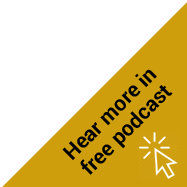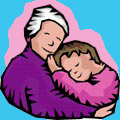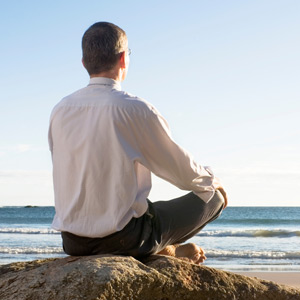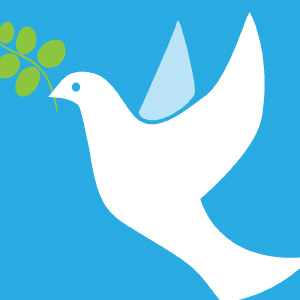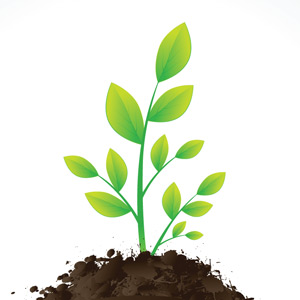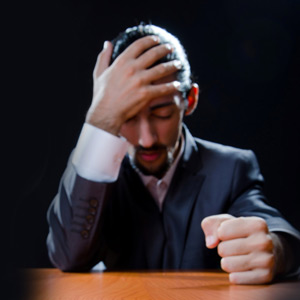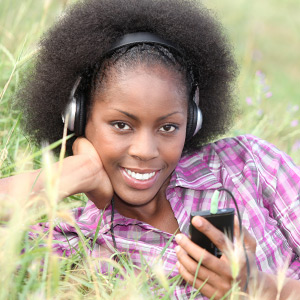Faced with the deep divisions polarizing America, can education that is “pro-social” provide an alternative path for understanding and healing? And can schools cultivate students’ skills for social awareness and self-reflection? It’s a challenge of renewed relevance in the wake of recent hate-based tragedies.
In this Humankind documentary, we visit two venues where leaders are taking strides toward an enlightened educational experience for young people and for faculty. The stories you will hear in each part are truly inspiring. But in the first case, it has meant coming to terms with — then gradually working past — a national tragedy.
Funded by the Communitude Initiative at the University of Minnesota School of Nursing.
At the University of Virginia, we listen to faculty and students in Charlottesville, scene of a frightening neo-Nazi gathering in August 2017 that became a national flashpoint. They recount the events of that tragic weekend, which resulted in fatalities and injuries.
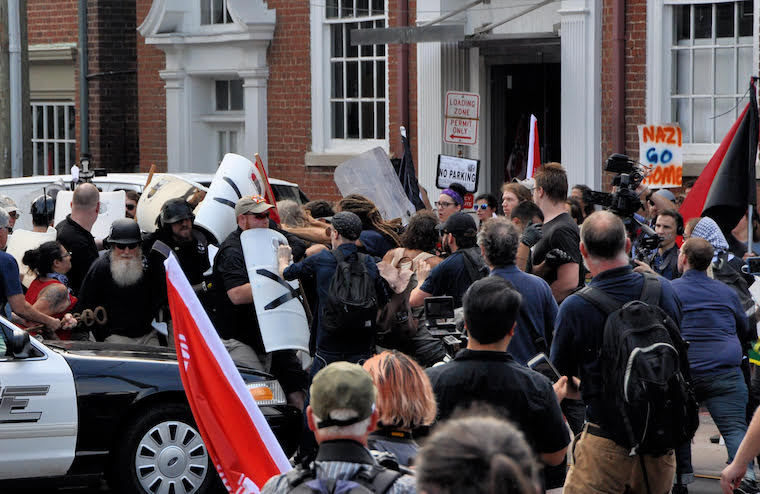
But we also hear about the work on this same campus of the Contemplative Sciences Center, which studies and promotes awareness of diversity and personal growth practices. Participants gain perspective on a balanced life. Students and faculty there describe their vision for a gentler, more thoughtful society. In a way, it’s the counter-point to what unfolded that bitter weekend in 2017.
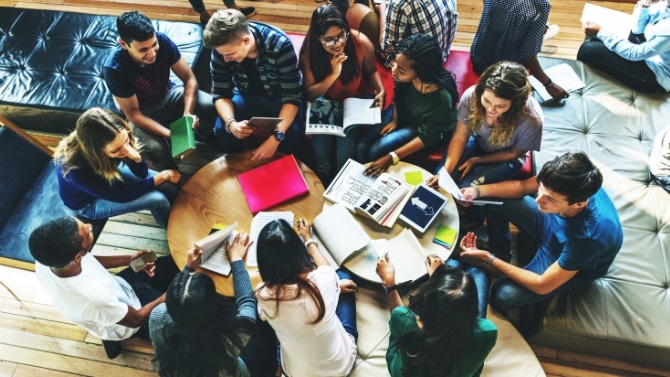
Faculty Voices:
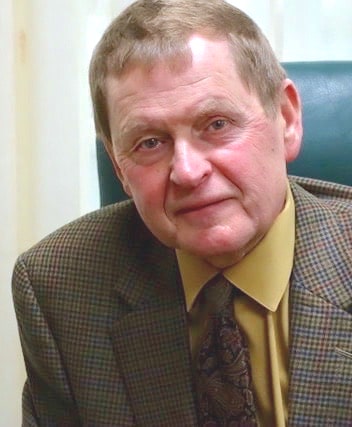 We have to be able to take time, and reflect, to ask ourselves, ‘What is the life that we have, and what is it that we want?’ We are evoking an opportunity to slow down.”
We have to be able to take time, and reflect, to ask ourselves, ‘What is the life that we have, and what is it that we want?’ We are evoking an opportunity to slow down.”
– David Mick, UVa business professor
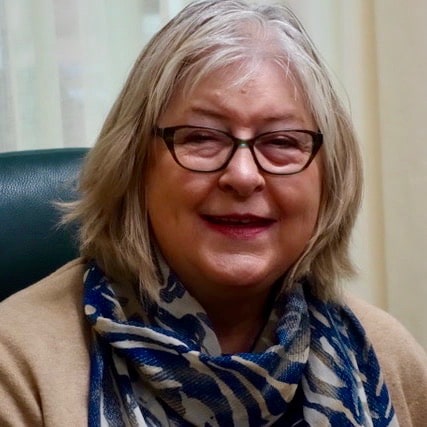 Practicing mindful awareness can make a big difference in the way we understand our situation because it gives us a little tiny bit of space between our automatic tendencies, and our ability to make good choices.”
Practicing mindful awareness can make a big difference in the way we understand our situation because it gives us a little tiny bit of space between our automatic tendencies, and our ability to make good choices.”
– Patricia Jennings, UVa education professor
Student Voices
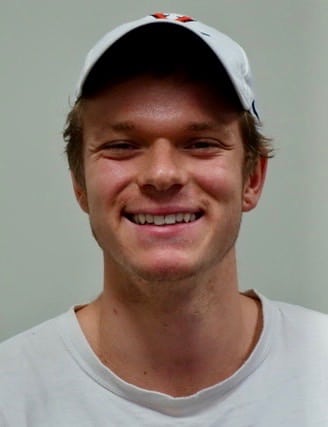 People need to take a step back, and look inwards, and realize why they might be having the positions that they’re having. But also you need to be able to recognize that you have a lot more in common with people than you do disagreements.”
People need to take a step back, and look inwards, and realize why they might be having the positions that they’re having. But also you need to be able to recognize that you have a lot more in common with people than you do disagreements.”
– Benji Beardsley, UVa student
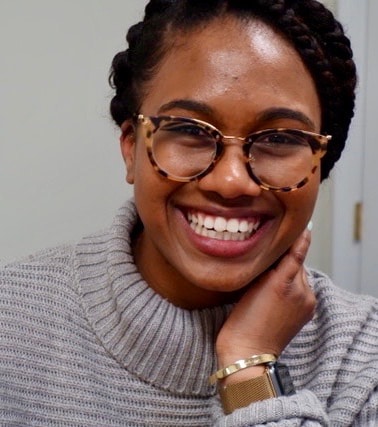 Give people the chance to actually tell you about themselves so you can learn about them. And by that you can foster connections, and even build empathy.”
Give people the chance to actually tell you about themselves so you can learn about them. And by that you can foster connections, and even build empathy.”
– Nia Augustine, UVa student
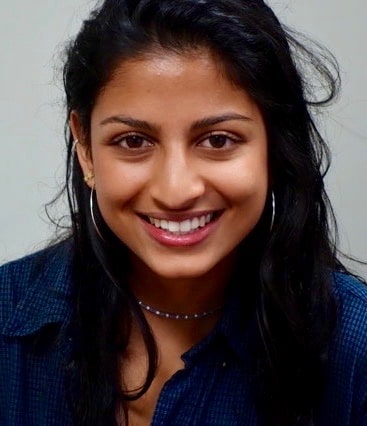 The hardest part of this process is internalizing your ‘flaws.’ To be able to learn about yourself, and learn how you function, where your weaknesses lie, in order to be able to see them in other people, and see how other people are human.”
The hardest part of this process is internalizing your ‘flaws.’ To be able to learn about yourself, and learn how you function, where your weaknesses lie, in order to be able to see them in other people, and see how other people are human.”
– Tara Srivastava, UVa student
This segment of Whole Teachers – Whole Students explores efforts to humanize education at a very different environment: middle schools in San Francisco. Innovative leaders there launched Millennium School in 2016, a remarkable educational experiment. Developed at both a private “lab school” and now the city’s largest public middle school, Millennium aims to equip students with a greater capacity for self-reflection. One fascinating dimension is how participants handle disagreements at school. You may be uplifted by the comments from eighth graders about a style of conflict resolution adopted at Millennium.

Faculty Voices (Millennium Lab School):
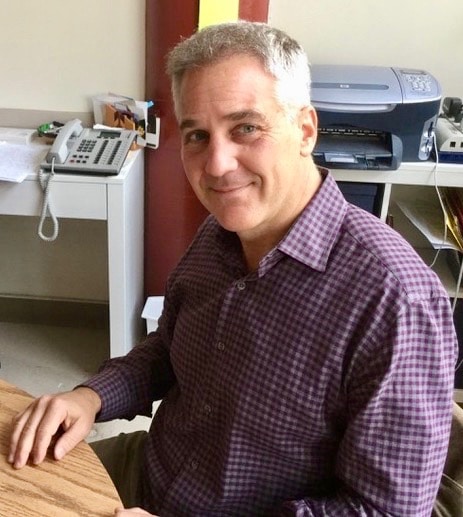 We find that most traditional education methods are primarily preoccupied with the mind. Our definition of success is much broader. It’s emotional health, it’s social health, it’s understanding how your actions and decisions might have unintended consequences on others.”
We find that most traditional education methods are primarily preoccupied with the mind. Our definition of success is much broader. It’s emotional health, it’s social health, it’s understanding how your actions and decisions might have unintended consequences on others.”
– Jeff Snipes, Millennium co-founder
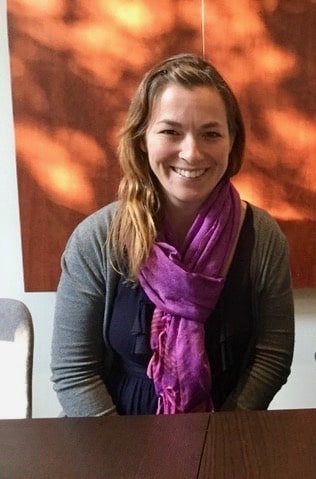 If you think about mental health, and you think about our most vulnerable populations, they don’t need more minutes of math and reading. They need more support.”
If you think about mental health, and you think about our most vulnerable populations, they don’t need more minutes of math and reading. They need more support.”
– Lindsay Berk, Millennium science teacher
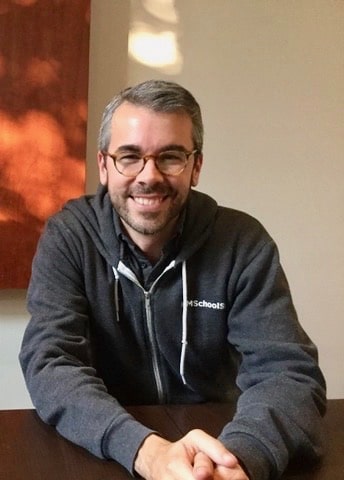 The ability to witness yourself is one of the most important developmental markers for adolescents. Can you notice the patterns in your own thought? For 6th graders it’s kind of unlikely. But as they get older, in 7th and 8th grade, it’s absolutely possible if it’s trained and modeled.”
The ability to witness yourself is one of the most important developmental markers for adolescents. Can you notice the patterns in your own thought? For 6th graders it’s kind of unlikely. But as they get older, in 7th and 8th grade, it’s absolutely possible if it’s trained and modeled.”
– Chris Balme, Millennium head of school
Student Voices (Millennium Lab School)
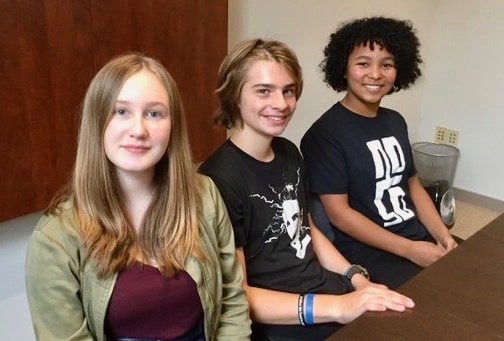
The students if they have a problem that’s going on, and they don’t want to talk to their parents, they won’t feel like they’ll be ostracized, or made fun of, everyone’s just there to support them.”
– Summer Williams (L), Millennium student
[When we try to clear a conflict] it’s not like a casual conversation. You can’t just let your words fall out a bit loosely. You really need to think and you really need to listen about what’s going on.”
– Neven Lalic (C), Millennium student
When you’re in a conflict, you can’t just push it away. It’s not just going to disappear if you stop thinking about it. So having this clearing is just a nice way to take all the weight off your shoulders.”
– Shima Konishi-Gray (R), Millennium student
Faculty Voices (Millennium-affiliated public school)
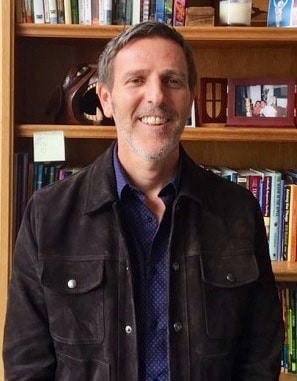 Students are grappling with identity, shifts physically and emotionally. Middle school is such an important time to show kids that there are caring individuals, that they have the tools to navigate despair and fear.”
Students are grappling with identity, shifts physically and emotionally. Middle school is such an important time to show kids that there are caring individuals, that they have the tools to navigate despair and fear.”
– Tai Schoeman, Giannini Middle Schoool principal
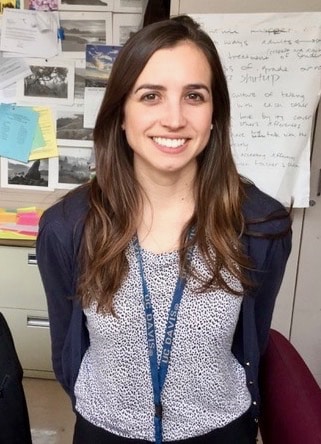 If we take care of our teachers, if our teachers take care of themselves, and our schools take care of our teachers, then it will only be a positive impact on the students.”
If we take care of our teachers, if our teachers take care of themselves, and our schools take care of our teachers, then it will only be a positive impact on the students.”
– Lindsay Yellen, Giannini Middle School English- Social studies teacher
To learn more—
Univ. of Virginia Contemplative Sciences Center:
https://www.uvacontemplation.org
Nonviolent Communication principles of conflict resolution:
Patricia Jennings’ Mindfulness for Teachers:
https://www.amazon.com/Mindfulness-Teachers-Productivity-Classroom-Neuroscience-ebook/dp/B00L
Millennium School:


